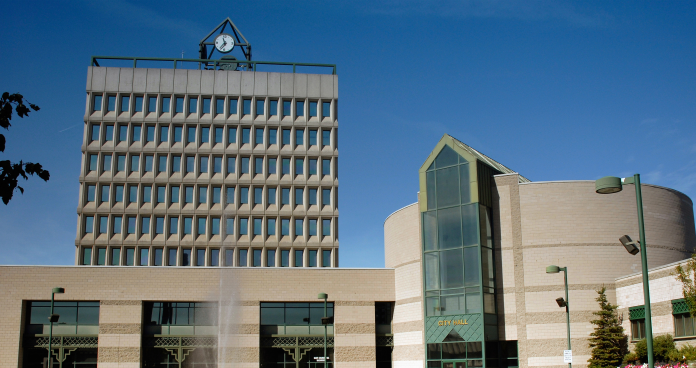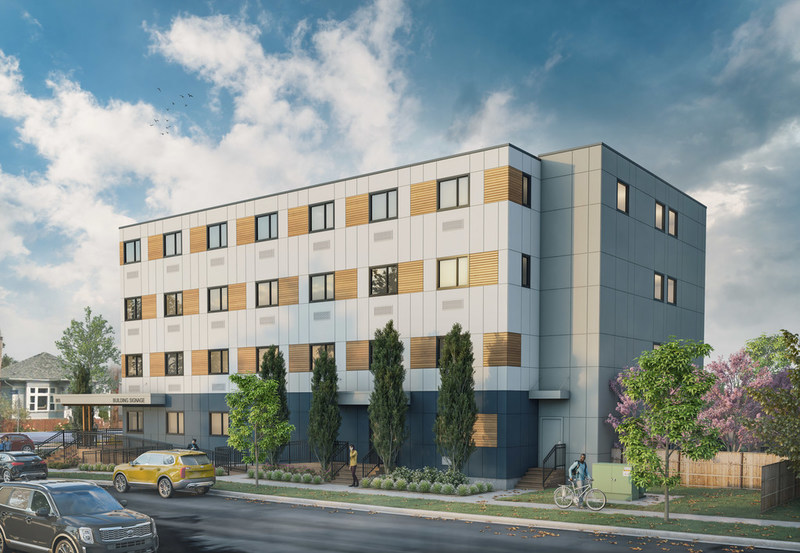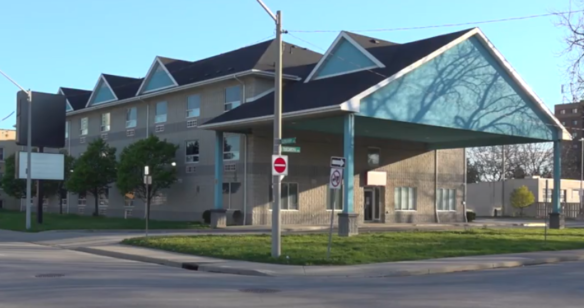Barrie council has approved amendments to its zoning bylaw to make it more difficult to build detached accessory dwellings in the city.
New rules will set minimum rear-yard setbacks at seven metres, and ban basements in new structures.
Also, lot-coverage requirement for developers building on sites zoned institutional will be increased to 50 per cent from 35 per cent. Building heights will be capped at 4.5 metres and secondary dwellings can be no greater than 45 per cent of the gross floor area of the main house, up to a maximum of 75 square metres.
“Very few are really affordable and can be constructed affordably,” Mayor Jeff Lehman said at a council meeting Oct. 4. “We’re going to need bolder steps to solve the housing crisis. We’re not creating affordable housing here.”
While the Ontario government’s passage of the More Homes, More Choice Act in 2019, was seen as a way to easily permit the construction of cheaper units, rents across the city have skyrocketed.
Builders speaking at the council meeting warned against tight restrictions that would impact the market where there is a critical need for affordable homes.
“The main reason rents are so high is due to lack of supply,” realtor Colby Marshall said. “You will hinder the creation of detached and second suites. I can see an exodus of people leaving Barrie. It will now be easier to build a home than build a detached suite on an existing lot. We should not allow a few NIMBYs to dictate legislation.”
City staff highlighted a growing interest in the construction of detached accessory dwellings, as well as complaints about the size, location and impacts on neighbouring land.
“The City of Barrie has a responsibility to follow the policies of Ontario, to provide affordable housing,” said Allandale resident Kam Naisbitt. “The City of Barrie also has a responsibility to maintain and preserve neighbourhoods. Our land and neighbourhood is not for sale.”
Funding will be allocated in 2022 to hire additional bylaw enforcement officers dedicated to second suites over the course of 18 months.






